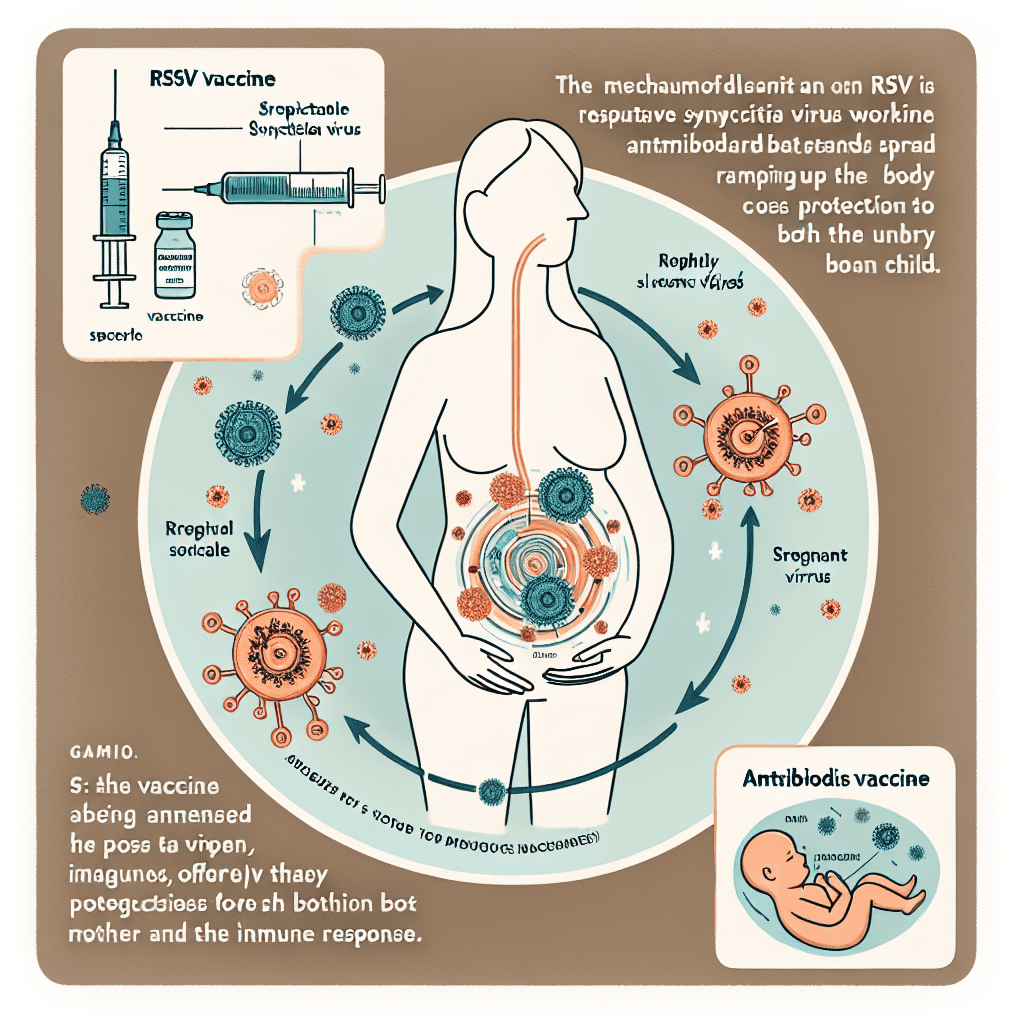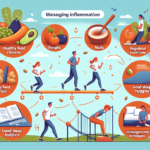
Effectiveness and Mechanism of RSV Vaccination in Pregnancy
Respiratory Syncytial Virus (RSV) is a common respiratory virus known for its impact on infants and young children. However, RSV can also be detrimental during pregnancy, leading to significant maternal morbidity. Thus, developing a safe and effective RSV vaccine for pregnant women is crucial. As of my knowledge cutoff in early 2023, no RSV vaccine has been fully approved and widely implemented for use in pregnant women, though several candidates are in various stages of research and development.
The rationale for administering RSV vaccines during pregnancy is to induce the production of protective antibodies in the mother, which can be transferred to the fetus through the placenta. This passive immunity aims to protect the newborn during the initial months of life when the risk of severe RSV infection is the highest.
Preclinical trials and ongoing studies suggest promising efficacy for RSV vaccines in development. Maternal immunization has been shown in these studies to increase RSV-specific antibody levels, potentially reducing the incidence of RSV-related respiratory issues in the offspring.
The working mechanism of an RSV vaccine in pregnant women would likely utilize one of two approaches: the production of a protein subunit vaccine or the use of a messenger RNA (mRNA) platform. Protein subunit vaccines introduce RSV proteins to stimulate an immune response without the presence of live virus. On the other hand, mRNA vaccines instruct cells to produce these proteins internally, thereby eliciting an immune reaction.
In summary, while the exact efficacy of RSV vaccines during pregnancy will be determined by the outcomes of pending clinical trials, the strategy of vaccinations during pregnancy is poised to offer newborns immediate, albeit temporary, protection against RSV. This approach not only intends to safeguard infants in their early life stages but also aims to provide an indirect benefit to maternal health during pregnancy. With advancing vaccine technology and comprehensive clinical evaluations, the implementation of an effective RSV vaccine for pregnant women may soon be realised, offering an impactful tool in the protection of both mothers and their children.





